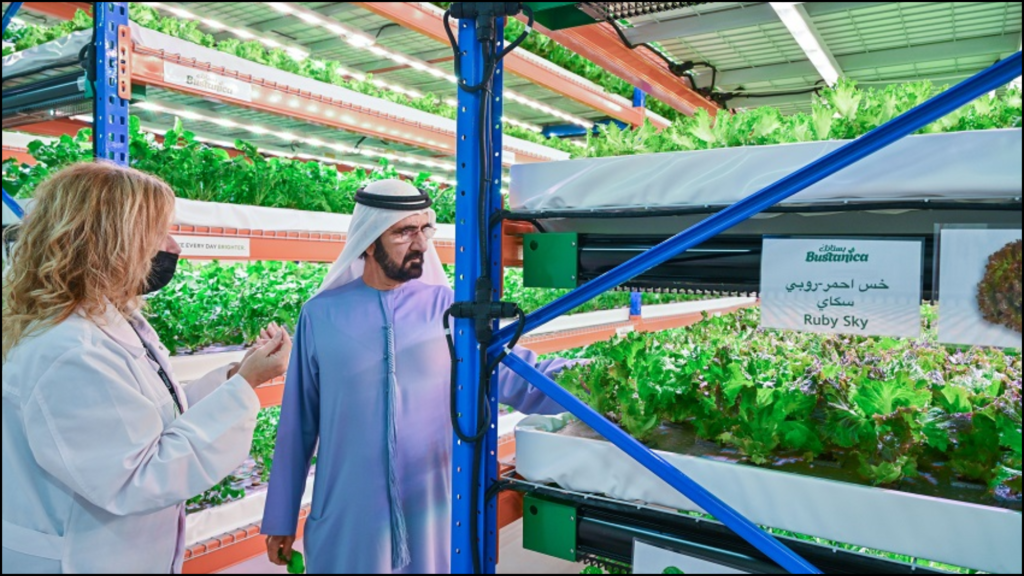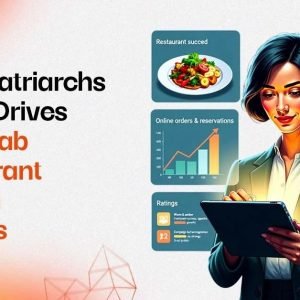Harnessing Technology for Food Security in Residential Areas
Dubai, January 19, 2024 – Dubai has long been a beacon of innovation, transforming challenges into opportunities. In a recent initiative, the city has turned its gaze upwards – towards the integration of vertical farms in residential buildings. This approach to urban agriculture is not just a trendy addition to Dubai’s skyline; it’s a sustainable solution to the increasing demand for fresh produce in the heart of the desert.
Why Vertical Farming in Residential Buildings?
Vertical farming utilizes controlled environment agriculture technology to grow food in vertically stacked layers, often integrated within other structures like skyscrapers or, as Dubai is exploring, residential buildings. This method offers a plethora of benefits, particularly in cities where space is at a premium and traditional farming is not feasible.

- Space Efficiency: Vertical farms take up significantly less space than traditional farms, producing the same yield within a fraction of the footprint.
- Water Conservation: These farms use hydroponics or aeroponics, which can save up to 70% of water compared to open-field agriculture.
- Reduced Transport Costs and Emissions: Growing food where people live diminishes the need for long transportation routes, reducing associated costs and carbon footprints.
- Year-Round Production: Controlled environments allow for year-round growth, independent of weather conditions, providing a constant supply of fresh produce.
Dubai’s Pilot Projects and Future Vision
Several pilot projects have already been implemented in Dubai, demonstrating the viability of vertical farming within residential areas. These projects not only provide residents with fresh, local produce but also serve as educational hubs for sustainable living practices.

Looking ahead, Dubai aims to expand these initiatives, incorporating vertical farming as a standard feature in the design of new residential developments. The vision is for these urban farms to contribute significantly to the city’s food security goals and to serve as a model for cities worldwide.

Conclusion
Dubai’s foray into vertical farming within residential buildings represents an innovative stride towards sustainability and self-sufficiency. As the city continues to grow, these vertical farms are a testament to Dubai’s unwavering commitment to pioneering solutions that address global challenges.












